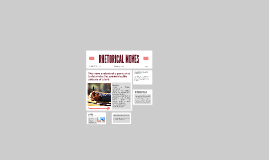

Provide a strategic response using rhetorical tools.Analyse the rhetorical situation you are in - an effective speech is one that responds to its rhetorical situation (context).Politicians often use this approach and Martin Luther's "I have a dream" speech is a good example.

Symbouleutikon / deliberative rhetoric - tries to get the audience to take action by talking about a possible future.It's used in, for example, wedding and retirement speeches etc. Epideictic / demonstrative rhetoric - praises or blames and makes a declaration about the present situation.Forensic / judicial rhetoric - looks at the justice or injustice of accusations and establishes evidence about the past.Treatise of rhetoricĪristotle stated that there are three types of persuasive speech: Rhetoric is not just a tool used only in speeches, you use it in everyday life when, for example, you only disclose certain parts of your weekend to certain people. Rhetoric is the art of ruling the minds of men - Plato It originates from the time of the ancient Greeks. Its aim is to inform, educate, persuade or motivate specific audiences in specific situations. Rhetoric is the study and art of writing and speaking persuasively.

Common rhetorical moves in biography how to#
In this article, we discuss how to use rhetoric for effective public speaking. Rhetoric is the key to developing this skill. Persuasive speaking is needed in a wide range of situations from arguing with a colleague, to haggling down a price, to performing a speech. Rhetoric: How to Inform, Persuade, or Motivate your Audience


 0 kommentar(er)
0 kommentar(er)
